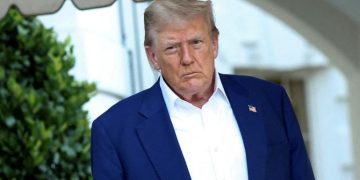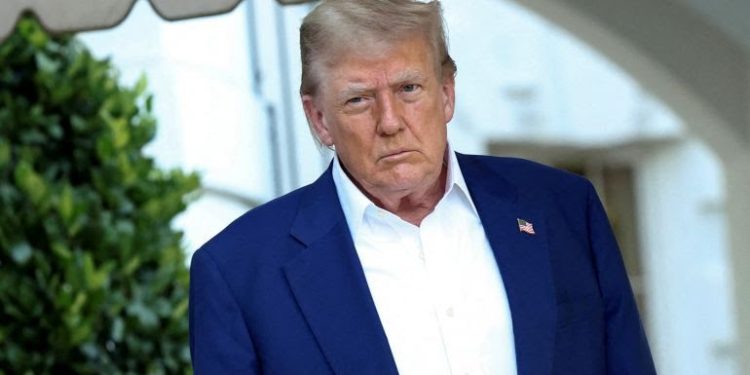U.S. President Donald Trump has described the truce between Iran and Israel as a “win for everyone,” attributing the cessation of hostilities to American airstrikes on Iran’s nuclear facilities. The ceasefire follows nearly two weeks of heightened military confrontation between the two nations.
Speaking from The Hague during a NATO summit on Wednesday, Trump said his administration’s decision to join Israel in targeting Iranian nuclear infrastructure played a crucial role in halting the conflict. He claimed the airstrikes, which involved the use of powerful bunker-busting bombs, had a decisive impact. “It was complete destruction,” Trump asserted.
Although a preliminary report from the U.S. Defense Intelligence Agency (DIA) suggested that the damage to Iran’s nuclear capabilities might only delay its weapons program by a few months, Trump dismissed the findings as vague and unreliable. “The intelligence was not clear,” he said during a meeting with NATO Secretary-General Mark Rutte. “What we did was severe. It was total obliteration.”
According to major U.S. media outlets citing anonymous officials, the DIA assessment found that much of Iran’s uranium stockpile remained intact and most of its centrifuges were not destroyed. One source noted that key materials were moved before the strikes occurred.
Nevertheless, Trump insisted that nuclear facilities at Fordow, Natanz, and Isfahan had been effectively neutralized. He drew parallels to the atomic bombings of Hiroshima and Nagasaki, saying those attacks ended World War II, just as the recent strikes ended the Iran-Israel conflict. “I don’t want to make that comparison lightly,” he added, “but it brought the war to a close.”
Asked whether Iran could rebuild its program, Trump was resolute: “Those facilities are buried deep underground. And now, they’re gone.”
Trump was accompanied in the Netherlands by Secretary of State Marco Rubio and Secretary of Defense Pete Hegseth, both of whom echoed his skepticism about the intelligence report. Hegseth described the DIA findings as “low-confidence” and “politically driven.”
The White House also rejected the assessment. Press Secretary Karoline Leavitt said in a statement to CNN, “It’s clear what happens when you drop multiple 30,000-pound bombs precisely on target—complete destruction.”
Steve Witkoff, the U.S. Special Envoy to the Middle East, reinforced this position during a Fox News interview, saying most of Iran’s nuclear infrastructure was either severely damaged or destroyed. He predicted that any attempt by Iran to rebuild would take years. He also criticized the leak of the DIA report, calling it “a serious breach” that should be thoroughly investigated.
Meanwhile, Al Jazeera’s Shihab Rattansi reported from Washington, D.C., that a narrative battle appears to be unfolding. “There are individuals within the U.S. government who seem eager to undermine the official account of the airstrikes,” he said. The White House, he added, accused those leaking the DIA findings of trying to diminish the success of the mission and discredit the administration’s actions.
According to Rattansi, this moment marks the beginning of a broader struggle over how the post-strike narrative is shaped, and how it might influence Trump’s standing on both domestic and international fronts.















